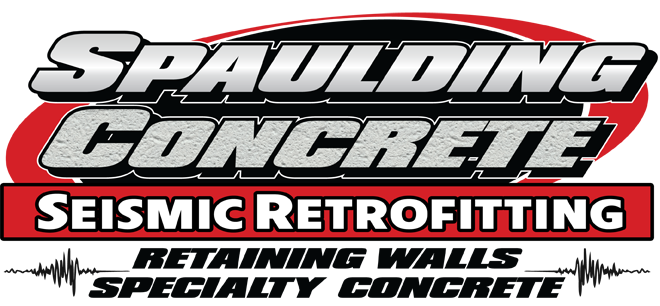How Is Reinforced Concrete Made?
Concrete is made of gravel and small stones called aggregate, hard sand, cement, and water. The reinforcement is the small stone and gravel (aggregate), and the cement is the matrix which binds it together. Concrete has strong compressive ‘energy’ but is poor in stress. The attachment of metal rods, wires, mesh, or cables to the composite will make it stronger under tension. The concrete is cast around the stalks. This is known as reinforced concrete.
Concrete is solid when it is under compressive strain. For example, in most buildings, this is the case with the base of a house. The walls’ weight pushes down upon the concrete floors, compressing the concrete. Concrete is the best material for the foundations because it can withstand the compressive force of this kind.
Concrete, however, is very fragile when under a stress (also called a tensile force). If a concrete beam were to be used as a lintel over a ramp, the weight of the bricks above would not be able to bear. This will then fail, and crash.
Concrete may also be strengthened by adding steel rods to the concrete mixture, allowing solid to be held by the concrete. The steel rods provide for reinforced concrete to withstand tensile forces. This makes reinforced concrete a composite material that is versatile. It is commonly used within the building industry.
Reinforced concrete has long steel rods that pass through its length, adding great strength to the final composite material, particularly the ability to withstand tensile forces.
Reinforced concrete can be precast or cast-in-place (in situ) concrete, and is used in a wide range of applications such as; slab, wall, beam, column, base, and frame construction. Reinforcement is typically positioned in areas of concrete that are likely to experience stress, such as the lower portion of beams. It is common for there to be a coating of at least 50 mm, both above and below the steel reinforcement, to prevent spalling and corrosion that can lead to structural instability.
There is also a range of non-steel reinforcement forms that can be used, primarily as a cracking protection tool. Fiber-reinforced concrete is a concrete mixture comprising short distinct fibers that are uniformly dispersed in the material. Fibers can be made from materials such as glass, polypropylene, synthetic and natural, and steel.
Prestressed concrete allows the positioning of predetermined engineering stresses in concrete members to offset the stresses that occur when filled. In ordinary reinforced concrete, the steel reinforcement carries stress, while the prestressed concrete supports the load across the entire structural feature by induced stresses.
This makes it more shock and vibration resistant than ordinary concrete, and capable of forming long, thin structures with much smaller sectional areas to bear equal charges. Pre-stressing may be achieved through pre- or post-tensioning.
Reinforced concrete is highly robust and does not require much maintenance. It has strong heat density and is naturally resistant to burning. Rebar is typically made from 100 percent recycled scrap, and the concrete and rebar can be separated at the demolition stage to allow the steel to be recycled.



Need Reinforced Concrete Repairs?
The more difficult a project is, the harder we work to provide real solutions and state-of-the-art solutions. We partner with each client from concept to completion, which enables us to design and implement plans that meet or exceed our client’s goals.Our concrete design team is made up of highly skilled, experienced estimators and craftsmen who work diligently to minimize problems and ensure that we remain on schedule. With all the resources available to complete your project through strong connections with leading suppliers, we are a single source for any type of concrete formwork. For all our products and services, we use the latest industry technologies so you can insure your project will be completed on-time and under code. When it’s time to finish and place, you can count on our highly experienced crews who are skilled in all facets of the industry. Spaulding Concrete will deliver if you need experience with any type of structural concrete. To schedule your free quote, call or contact us today! We are proud to serve Orinda, Lafayette, Moraga, Pleasant Hill, Concord, Martinez, Pittsburg, Antioch, Brentwood and the surrounding areas.
